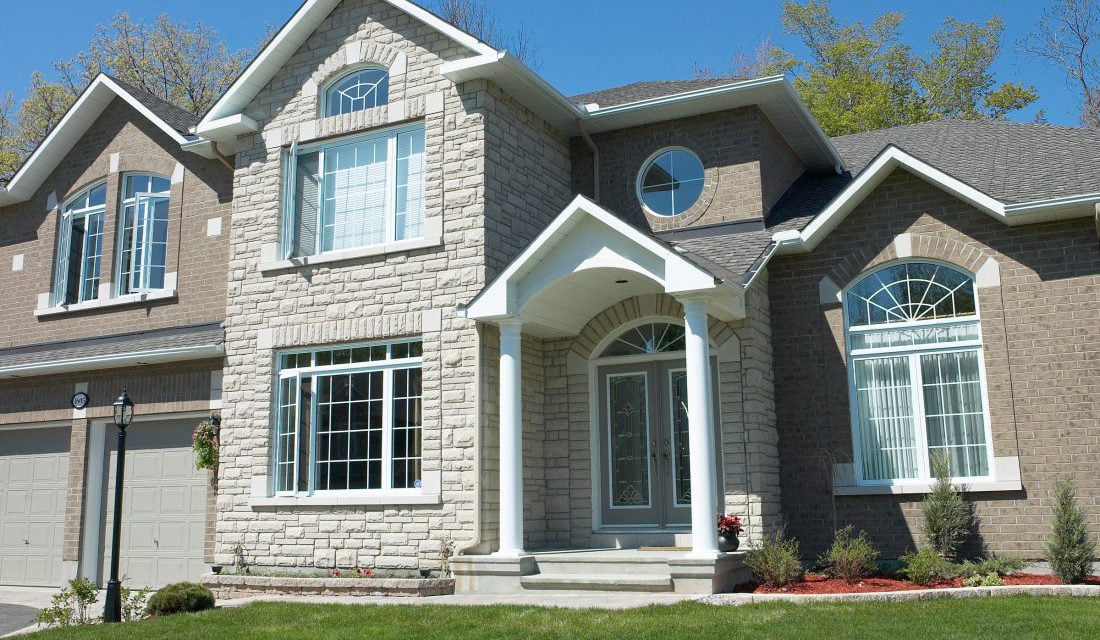Between the first quarter of 2011 and the first quarter of 2012, delinquencies for:
- FHA–insured loans increased 27%;
- bank-held home loans decreased 39%; and
- Fannie Mae and Freddie Mac (Frannie)–guaranteed loans decreased 15%.
Similar reports from other federal regulators, including the Office of the Comptroller of the Currency, revealed the following for the same period:
- foreclosures on FHA-insured loans increased 9%;
- foreclosures on bank-held home loans decreased 10%; and
- foreclosures on Frannie–guaranteed loans decreased 6%.
Additionally, the overall rate of re-default on modified mortgages was 36% between the first quarter of 2011 and the first quarter of 2012, compared with the FHA rate of 48% for the same period.
FHA emergency reserves, which Congress requires to maintain at a minimum level of 2% of insurance guarantees, are currently at a scant 0.24%.
The FHA predicts it will regain the mandated 2% reserve level by 2014, but many economists and real estate professionals disagree, claiming an FHA taxpayer bailout is imminent.
first tuesday take
The FHA insures loans to support borrowers who are not otherwise qualified for conventional financing. All this begs the question: If lenders distrust loan applicants based on their ability (or inability) to repay the loan amount, why would the FHA have greater confidence in borrowers?
Due to the administration’s persistent push for homeownership as a symbol of stability and the fulfillment of the American Dream, the FHA was instituted to make this fantasy possible for all. So, lenders pass the buck along to the government scapegoat who agrees to back otherwise unqualified borrowers. Well, enough history, let’s talk about today.
Related article:
Handing $250,000 to someone with only a tenuously demonstrated ability to repay and without requiring any significant skin in the game in the form of a downpayment over 3.5% invites a high degree of risk. Lowering mortgage underwriting standards to a level accessible to all is sweet if your goal is to increase homeownership rates at any cost, but if the FHA is a charity, they had better not expect material repayment for their endeavors.
Related articles:
Let’s take a look at the California numbers. In California, the delinquency rate on FHA-insured mortgages reached 9% in May 2012. At this point, a bailout is most certainly inevitable.
The FHA has the power to dip into the U.S. Treasury, but needs to shape-up their eligibility requirements beforehand to ensure this does not become a repeat of the interminable, multi-billion-dollar bailout of Fannie Mae and Freddie Mac which started in 2008.
The FHA took a step in the right direction in 2009, and again this year by raising annual and monthly mortgage insurance premiums. Next, they must require a minimum 5% downpayment (or better yet, codify 20% down as the definition of a qualified residential mortgage (QRM)). In addition to stricter underwriting, the FHA needs to restrict eligibility to first-time homebuyers, the core demographic their housing philosophy was designed to serve. By raising standards of eligibility for borrowers, the FHA can protect itself from unpredictable fluctuations in the housing market and secure loan repayment by building their loans on a more solid foundation.
Hoping for the best in borrower reliability and perpetual property value increases doesn’t cut it.
Related articles:
Cal Watchdog: FHA subprime defaults hit 9% in California
Federal Housing Administration bailout just around the corner?
Re: “Closer to bailout? FHA’s mortgage delinquencies soar” from CNN Money





![Career Manual: Your Guide to Personal Branding and Income Enhancement [e-book]](https://journal.firsttuesday.us/wp-content/uploads/CareerManual_Cover-440x264.jpg)












